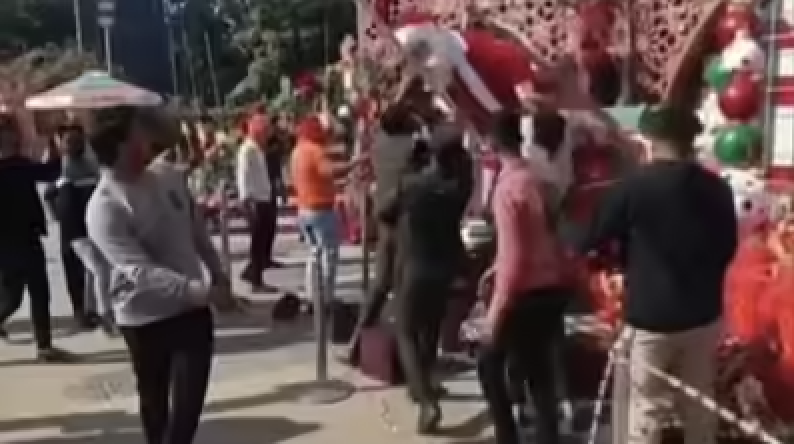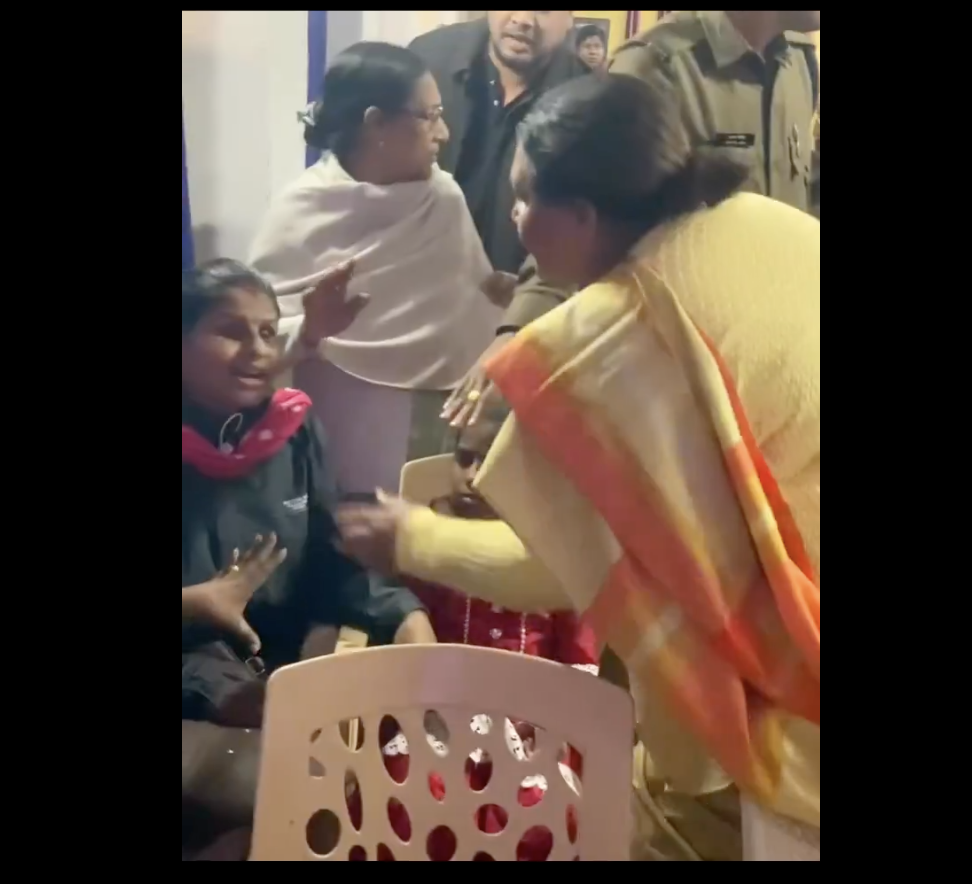
United Against Hate member Khalid Saifi, who is an accused in the 2020 North East Delhi riots larger conspiracy case of the Delhi Police, argued before the Delhi High Court Wednesday that the case of the prosecution is based on “alarming and frightening statements” and not on any actual evidence.
Senior advocate Rebecca John appeared for Saifi before a special bench of Justice Siddharth Mridul and Justice Rajnish Bhatnagar and referred to the chargesheet filed by the Delhi Police’s Special Cell arguing that the use of alarming statements like “…seeds of hate were planted by United against Hate member…who were United in Hate in reality” is the basis of the prosecution’s “conspiracy theory”.
John argued the case against Saifi was based on the opinion of two to three men sitting in the Special Cell office. “Is it not transparent if I appear in a public meeting? Where does that show conspiracy?” John argued adding “conspiracies are hatched in darkness and silence” while Saifi was participating in public meetings during the agitation against Citizenship Amendment Act two years ago.
On the allegation against Saifi that there was a sudden flurry of activity on the Delhi Protest Support Group WhatsApp group on February 24, 2020, which he was a part of, John said there were several calls and messages made at the time because violence had broken out and an attempt was made to meet the Joint Commissioner of Police and deputy chief minister. “An attempt was made to de-escalate the situation,” John submitted.
This story was originally published in indianexpress.com . Read the full story here






